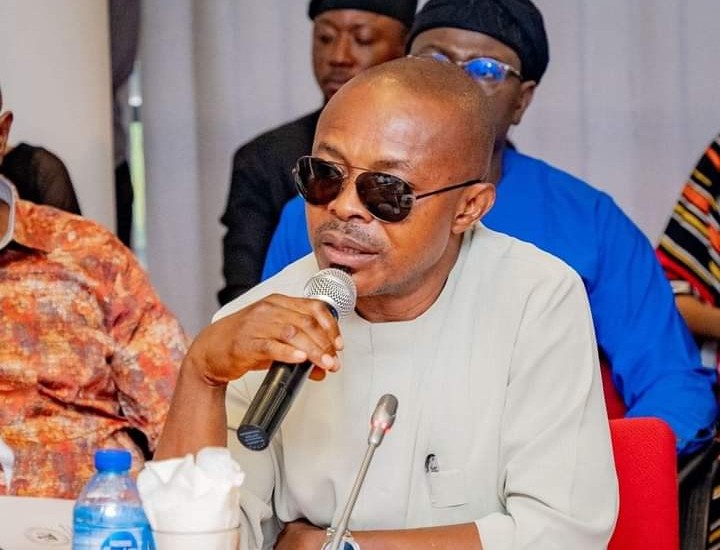The Nigeria Labour Congress (NLC) has expressed concern over the recent hike in petrol prices, stating that the increase has nullified the anticipated benefits of the yet-to-be-implemented ₦70,000 national minimum wage. On Thursday, the NLC announced plans to meet with the federal government to discuss strategies for ensuring workers’ survival amidst the rising cost of living.
NLC President, Joe Ajaero, speaking at the opening of a two-day workshop on “Minimum Wage Implementation” in Lagos, lamented that organized labor had been misled by President Bola Tinubu into accepting the ₦70,000 minimum wage. He said the wage increment was initially agreed upon to mitigate the effects of petrol price increases.
Ajaero criticized the government for failing to address the deepening hunger, poverty, and frustration affecting Nigerians, warning that the situation could spiral out of control if not promptly addressed.
Recounting his interactions with President Tinubu during the negotiations, Ajaero revealed that the government had pressured labor leaders into making a decision on the minimum wage, with the President suggesting that salaries could be raised to ₦250,000 if the pump price of petrol was allowed to increase further. However, the NLC rejected this proposal, arguing that such a wage would still be inadequate given the potential inflationary impact of continued fuel price hikes.
“There’s a deliberate attempt to distract us with baseless allegations, including claims of cybercrime and terrorism sponsorship. Meanwhile, the issue of petrol price has been left unaddressed,” Ajaero stated.
He added that during negotiations, President Tinubu offered to fund a trip for labor leaders to tour West African countries where petrol prices are higher, citing examples like Cameroon, where fuel reportedly sells for ₦2,000 per liter. Ajaero rejected the offer, noting that such a tour would not address the root issue, which is the smuggling of subsidized Nigerian fuel to neighboring countries.
The NLC president reiterated that organized labor is not seeking further fuel price hikes, but rather focusing on the implementation of the ₦70,000 minimum wage. However, he acknowledged that even the proposed wage may be insufficient to meet workers’ needs, particularly as private sector employers have resisted the new wage, and some states have expressed doubts about their ability to pay it.
“The dilemma we are facing is clear,” Ajaero said. “The private sector is pushing back, and several state governments are reluctant to commit to the ₦70,000 minimum wage. These challenges were behind the walkouts seen during the negotiations.”
The NLC continues to push for meaningful economic reforms and wage increases that will genuinely alleviate the hardships faced by Nigerian workers.
